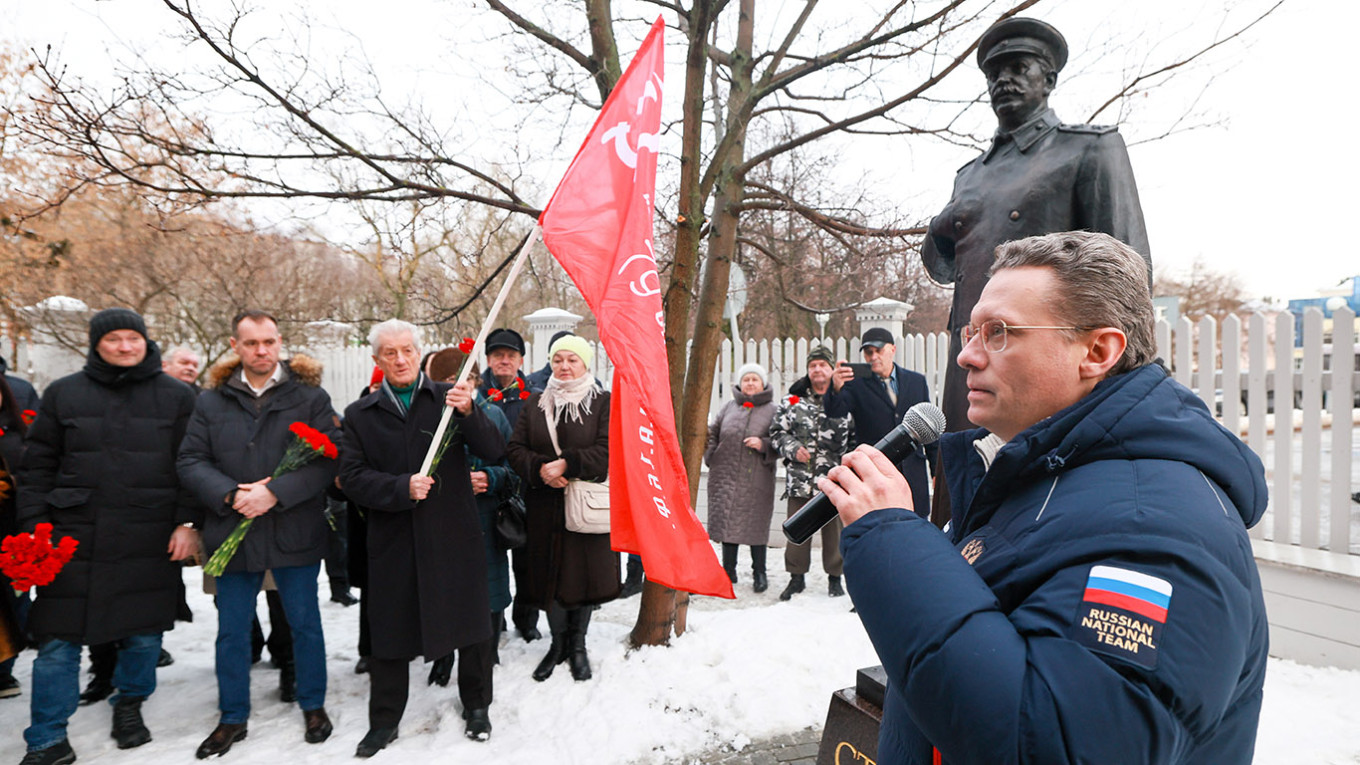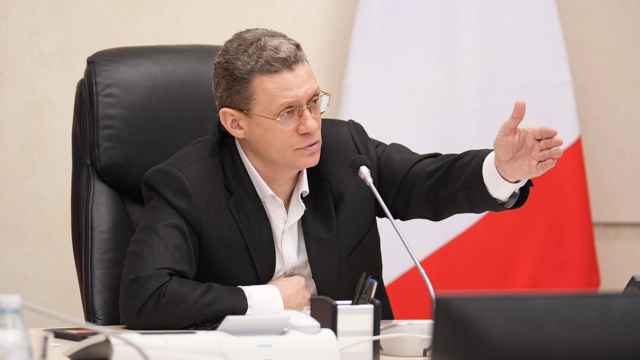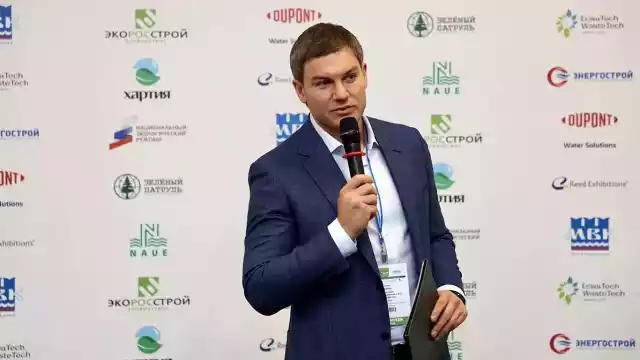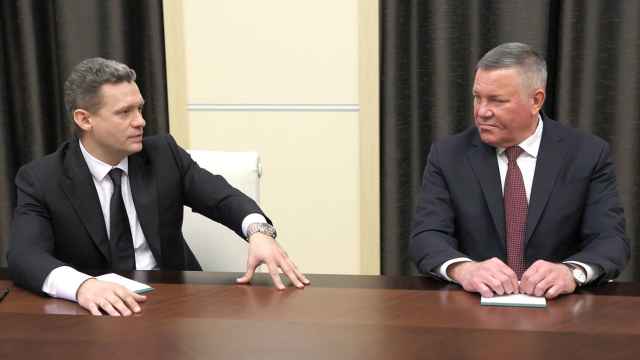The corporate-style revamp of Russia’s public administration over the past decade, tied mostly to Deputy Presidential Chief of Staff Sergei Kiriyenko, has made it difficult to find memorable faces among Russia’s regional governors.
The core promise of Kiriyenko’s system for its reserve of interchangeable, uniformized cadres was a lucrative job in Moscow at the end of a period of service in one of Russia’s regions, ensuring that officials do not look for allies in the local elite.
This, however, started to ring hollow as avenues of promotion became clogged due to the increasing personalization of the political system and the domestic uncertainties created by Russia’s war with Ukraine. Over the past two years, the Kremlin has increasingly appointed officials with local roots but sufficient experience in federal institutions not to be considered potential risks.
The changes in the Kremlin’s personnel policy and the desire to roll back still-existing privileges of regional elites have, somewhat unexpectedly, given birth to a remarkably flamboyant character who not only demonstrates the Kremlin’s current priorities but also the direction in which governance in Russia is evolving.
Following his appointment in 2023, Vologda Governor Georgy Filimonov quickly became known both inside and outside of his region for two things: his firebrand ultraconservatism and his escalating conflict with Alexei Mordashov, the owner of the region’s largest employer, Severstal.
Filimonov restricted alcohol sales to two hours a day; proposed banning abortions in the region; and has overseen the expansion of Vologda’s airport in the style of an Orthodox cathedral and the erection of statues to personalities as diverse as Stalin and the pagan god Veles. He also backed the introduction of political propaganda classes — “Important Conversations” — in kindergartens.
He repeatedly took pride in Vologda’s questionable claim of being the “most ethnically Russian region,” dressing up several of his conservative policies as attempts to improve the physical and spiritual health of local people. He also set up a youth organization named after Ivan the Terrible’s feared oprichniki to provide “moral guidance” and strengthen Russian identity.
The governor’s dispute with Severstal started with Filimonov accusing Mordashov’s companies of not fulfilling their investment obligations in the region, as well as the removal of several regional and local officials linked to Severstal. Most recently, this includes the mayor of Cherepovets, where Severstal’s plant is located.
Using his ultraconservative bona fides, Filimonov signed and then revoked a ban on migrant workers in the region’s construction industry, a move apparently designed to frustrate Severstal. At the same time, tens of thousands of citizens and members of the local United Russia chapter have demanded the governor’s dismissal.
The conflict was not without showy elements, either, including the governor challenging the businessman to a duel — a move that one would expect from the likes of Chechnya’s Kadyrov — only to see Vologda’s deputy governor and the head of the region’s Moscow office arrested for corruption in the capital.
In his recent interview with RBC, Filimonov doubled down on both of these projects. He singled out “good” investors, such as PhosAgro and Sistema, for supporting projects initiated by the governor, as opposed to Severstal, which he called “quasi-liberal” — virtually a swear word in today’s Russia.
When he was not making references to New York City hip-hop, Beavis and Butthead and The Matrix, he gushed at length about the importance of ideology-driven policymaking and ethnic purity, peppering his sentences with words such as “passionarity” — a concept championed by the Eurasianist philosopher Lev Gumilev to describe the vital energy of an ethnic community — and adulation for Putin as the “gatherer of Russian lands.”
Peel away these layers, however, and Filimonov turns out to be less unusual than his antics would suggest. His career has been greatly helped by his reported personal links to Kiriyenko and one of Putin’s daughters. He has been a member of the informal Izborsky Club nationalist think tank and an early supporter of the invasion of Ukraine. He was involved in the pro-Putin umbrella organization All-Russian People’s Front and served both in the government of Moscow region and the presidential administration, both of which are important career elevators due to the excellent networking opportunities that they present.
His policies are not out of the ordinary, either. Like many governors, he took most of his economic development ideas from his predecessor. Although he grew up in the region, his practice of appointing trusted colleagues from his previous offices to key positions in the regional government is identical to what other outsider governors usually do.
Filimonov is not unique with his flashy pro-war, anti-abortion and anti-migration initiatives. Many other governors have made similar moves over the past few years because they are thought of as a surefire way to catch the boss’s attention. Since late last year, such policies have also been officially prescribed to governors as key performance indicators.
It is important not to overestimate Filimonov’s novelty or independence: even in the conflict with Mordashov, he is but an avatar of the Kremlin.
When it comes to his regional policies, he is responding to incentives formulated or approved by the highest echelons of power. His full-throated and flamboyant ultraconservatism has also irked many and triggered pushbacks not only from Severstal, but also from Orthodox believers who reject Filimonov’s pagan cosplaying and local residents who petitioned Putin to dismiss him. Filimonov received a mere 62.3% of the vote in the 2024 gubernatorial election, a remarkably low score by the standards of that year's tightly controlled plebiscites, where most incumbents scored well above 70%.
His style, however, may still impact other officials. There is evidence that this is his goal. Filimonov has publicly compared himself favorably to other governors who “do nothing” — a performative hyperactivity that could be part of an opening salvo in a fight over the redistribution of gubernatorial positions between his patrons and others.
On the ideological front, Filimonov, much like Surkov, has laid out a kind of socially sensitive ultraconservatism to which ethnicity and the innate wisdom of a vigorous nation are central and technocracy is marginal. In his world, people are supposed to uncritically embrace a complex and often self-contradictory historical heritage in which only the supreme leader's whims serve as orientation.
While Moscow has so far shied away from an official state ideology, such thoughts may very well be in line with the kind of governance that the Kremlin means to build in the postwar years. Between economic turbulence and the return of veterans from the front lines, that could turn out to be tumultuous.
Russia’s strangest governor is unusual for a reason: he has a mission to accomplish — to underline and reinforce the new rules of the game in regional governance.
But he is as much a product of late Putinism as he is a participant in it. Although far from guaranteed, he may very well turn out to be a model for its future.
A Message from The Moscow Times:
Dear readers,
We are facing unprecedented challenges. Russia's Prosecutor General's Office has designated The Moscow Times as an "undesirable" organization, criminalizing our work and putting our staff at risk of prosecution. This follows our earlier unjust labeling as a "foreign agent."
These actions are direct attempts to silence independent journalism in Russia. The authorities claim our work "discredits the decisions of the Russian leadership." We see things differently: we strive to provide accurate, unbiased reporting on Russia.
We, the journalists of The Moscow Times, refuse to be silenced. But to continue our work, we need your help.
Your support, no matter how small, makes a world of difference. If you can, please support us monthly starting from just $2. It's quick to set up, and every contribution makes a significant impact.
By supporting The Moscow Times, you're defending open, independent journalism in the face of repression. Thank you for standing with us.
Remind me later.








